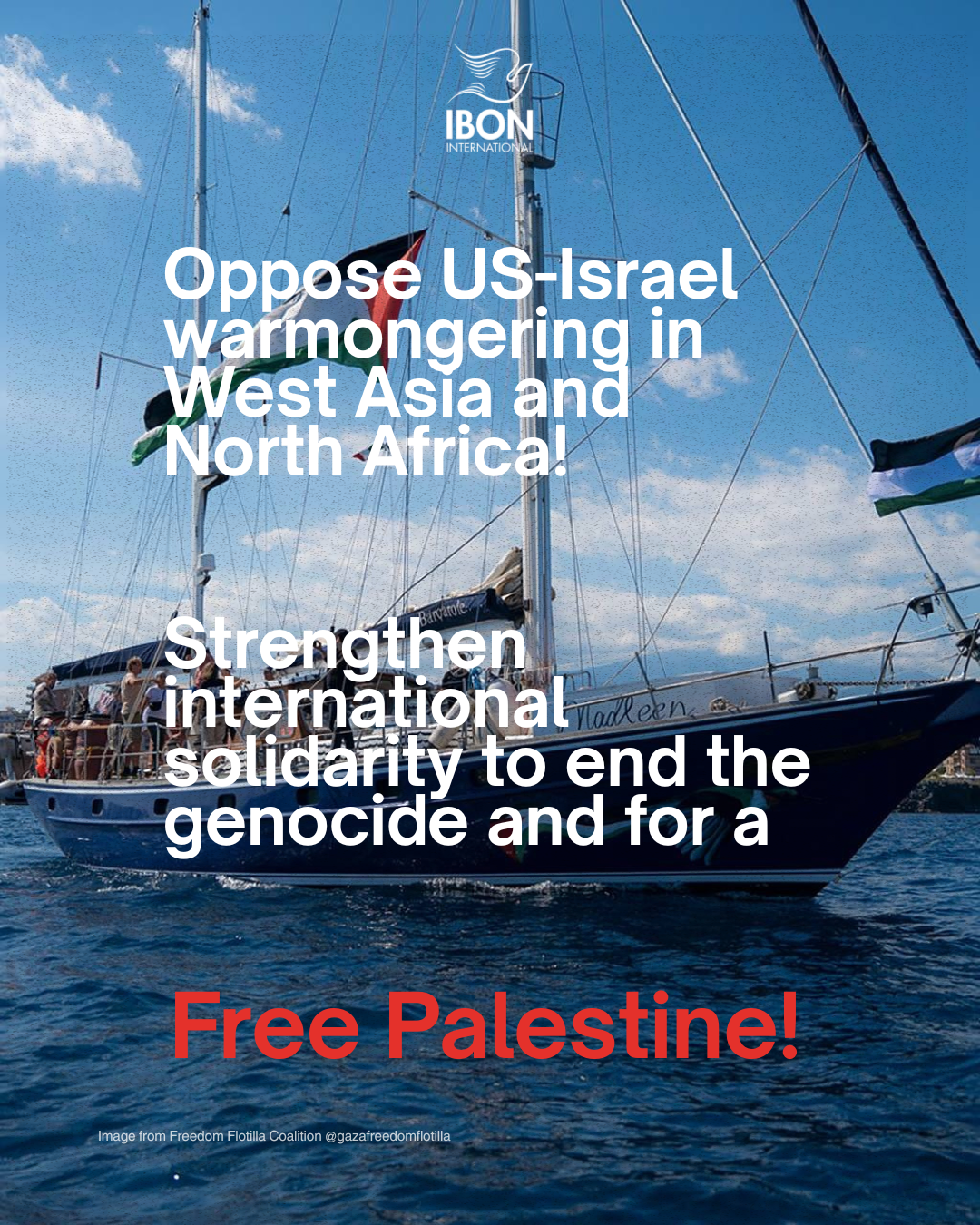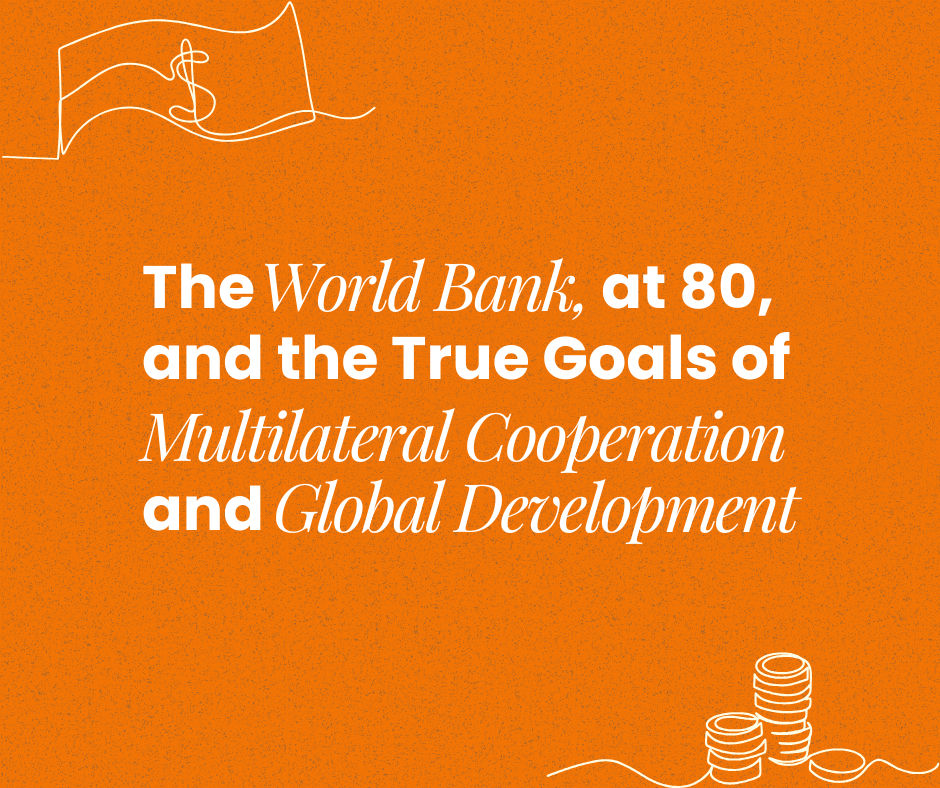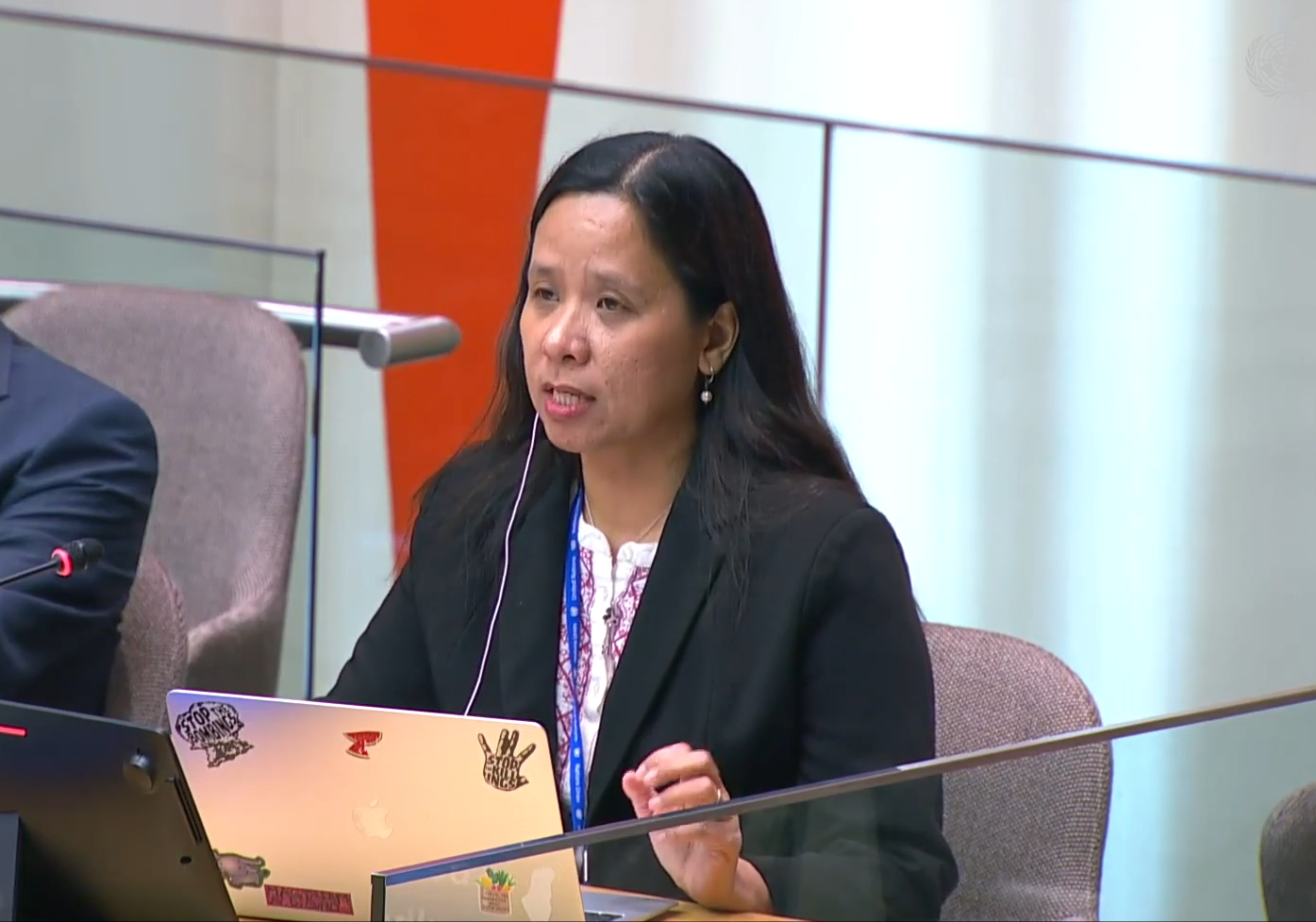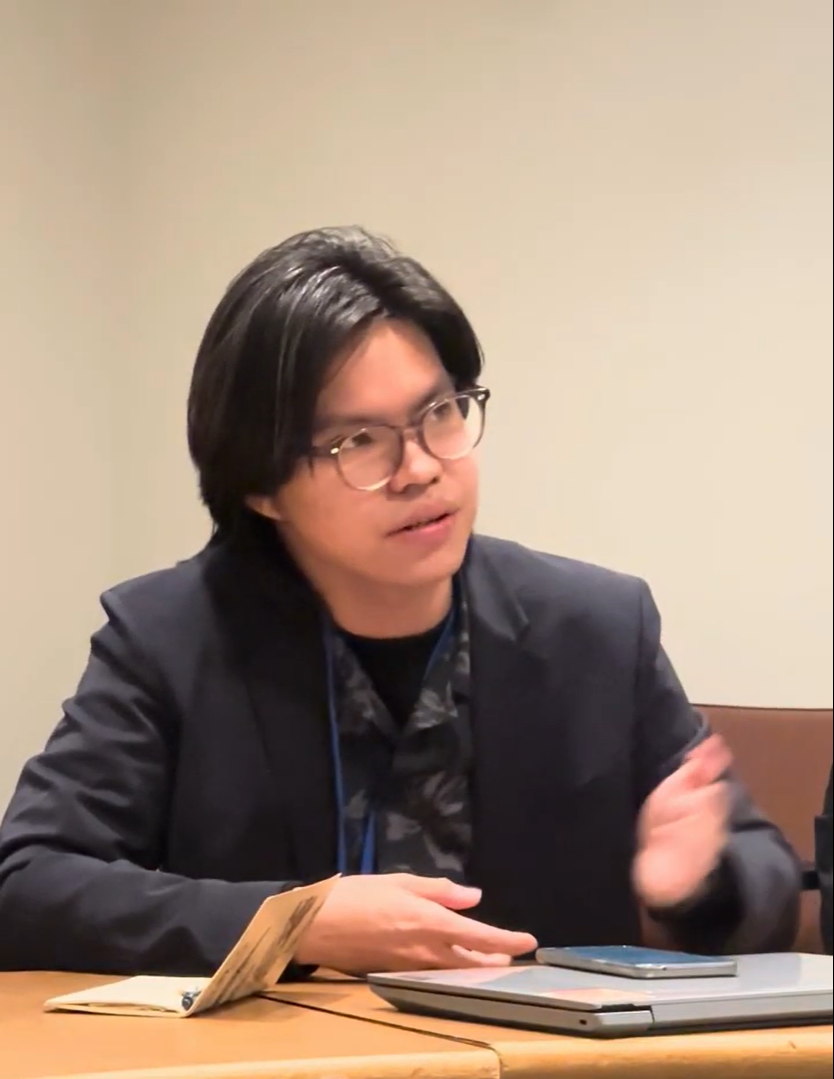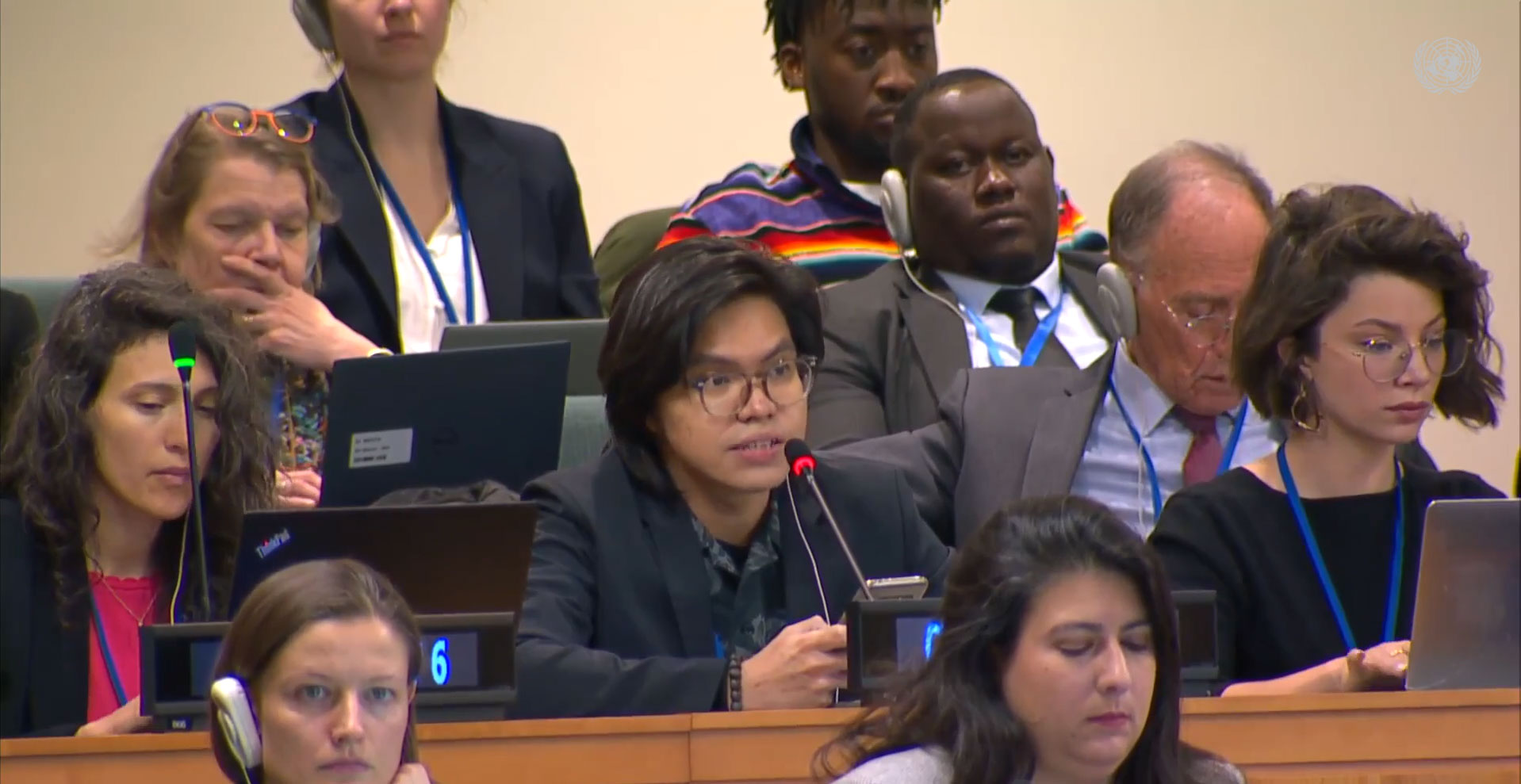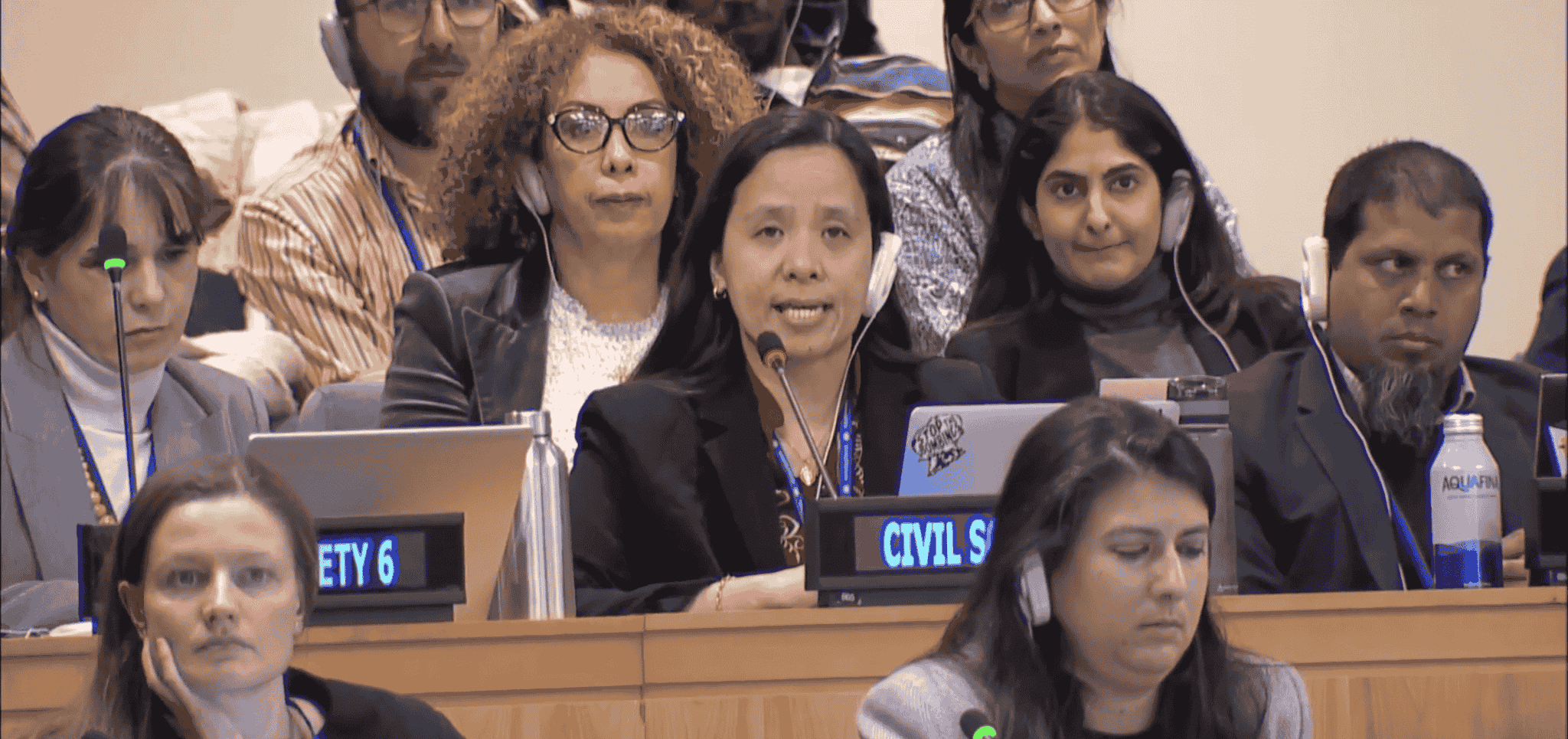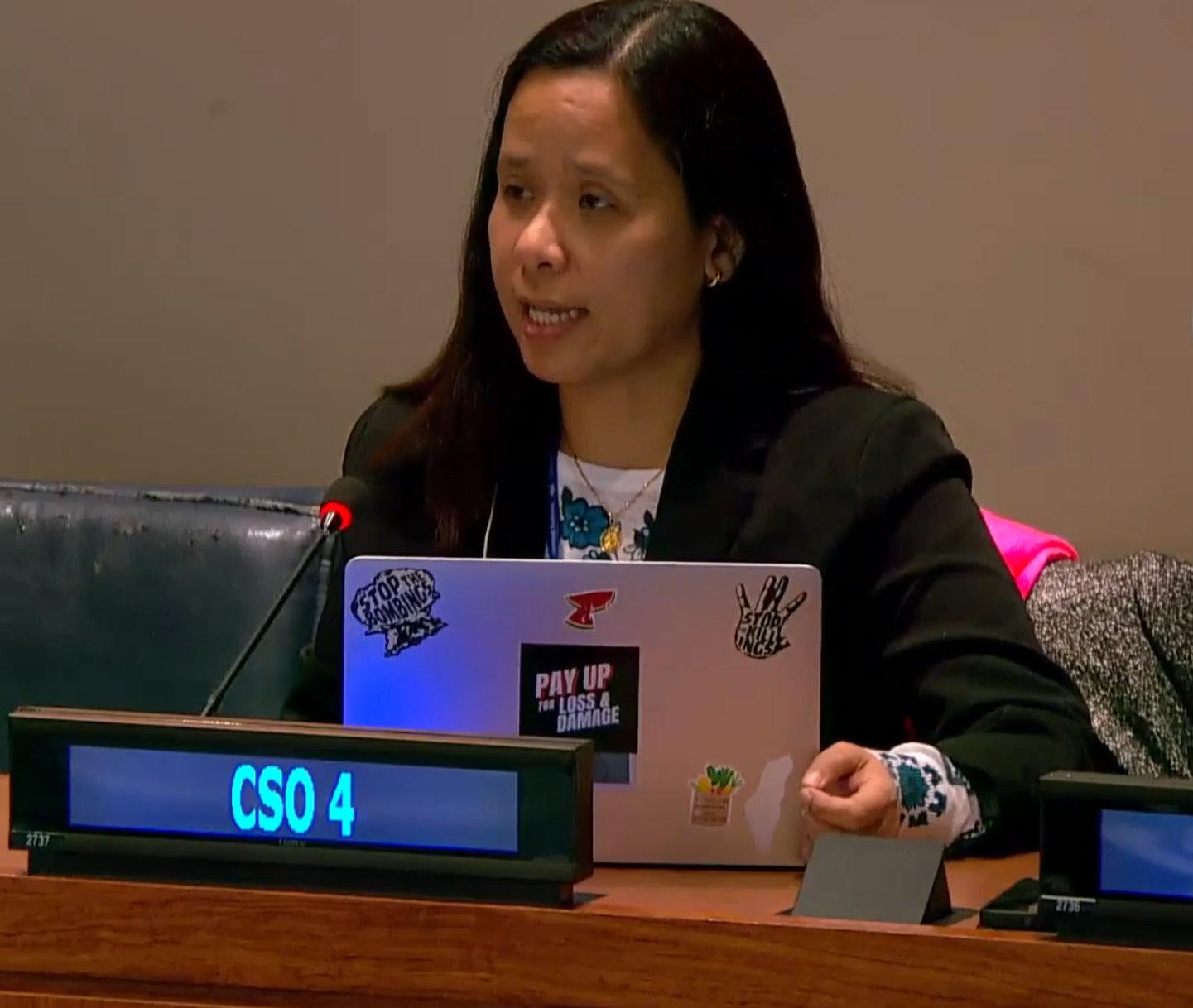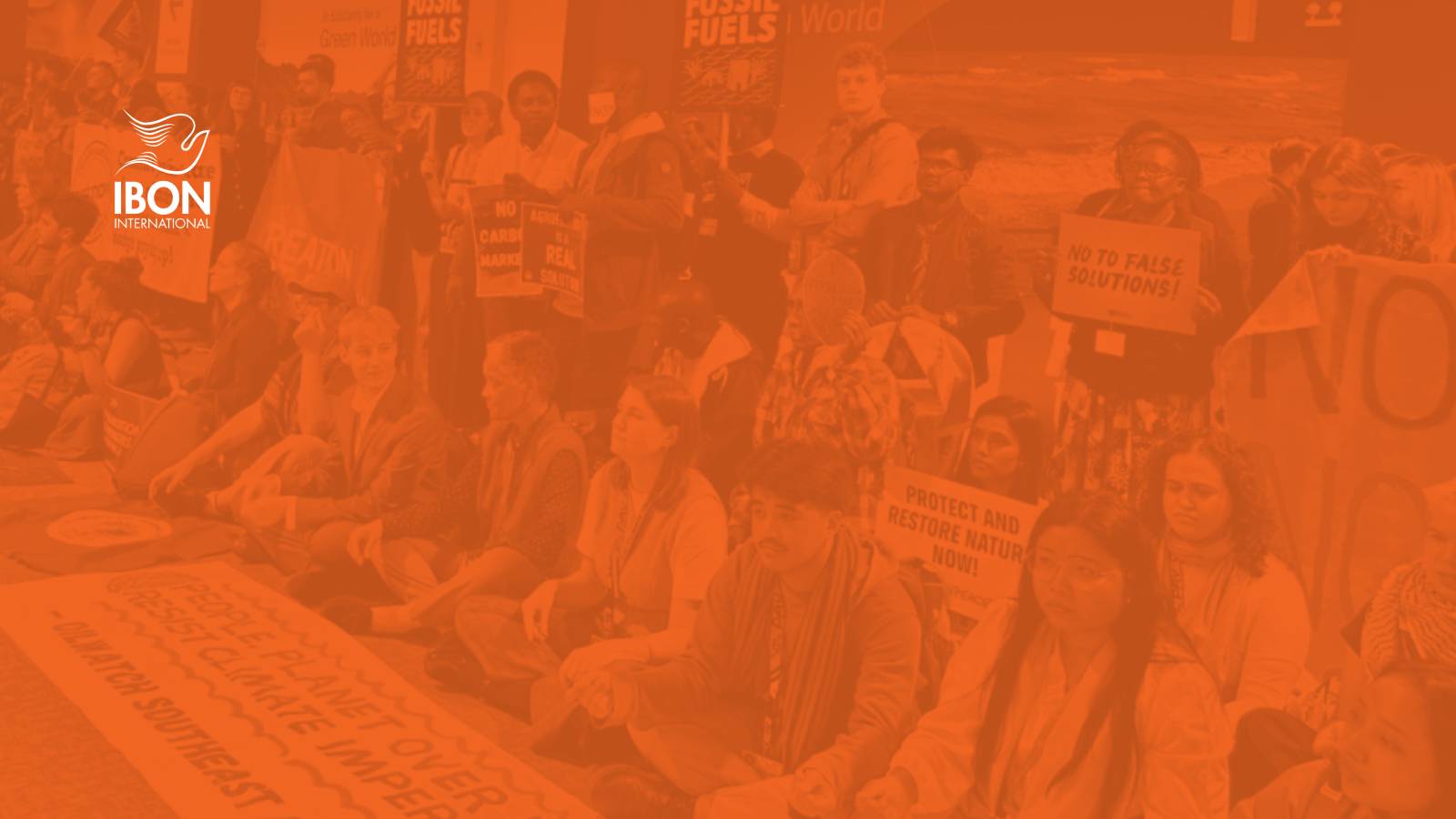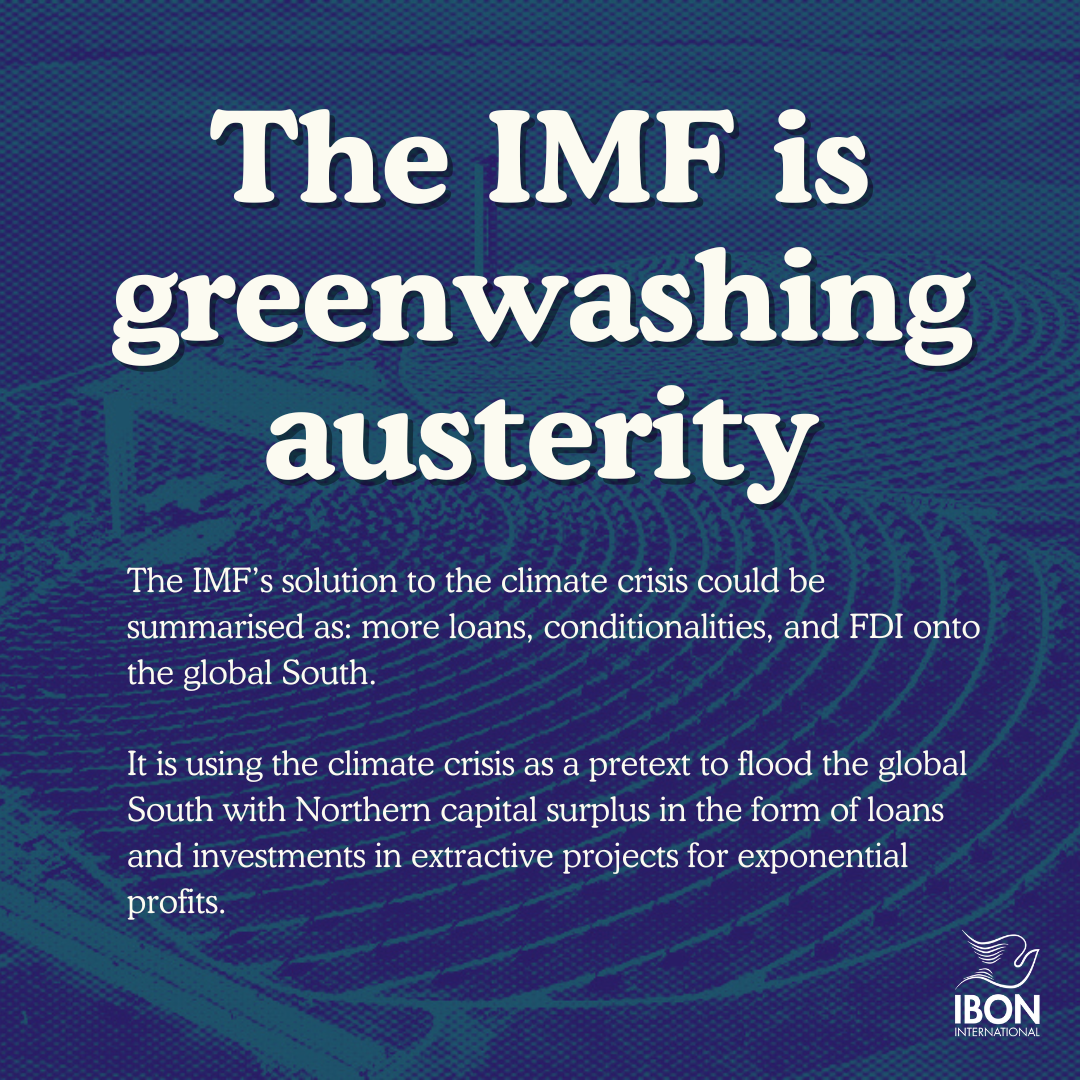The article below will be part of a forthcoming paper titled “Towards a UN Convention on International Development Cooperation.” You may read this article as a separate file, using the link below:
Foreign aid, official development assistance (ODA) and international development cooperation (IDC) are traditionally regarded as means by which wealthier nations in the Global North support the development of poorer nations in the Global South. This view, however, obscures the structural foundations of underdevelopment in the Global South rooted in the history of colonialism. Indeed, the post-colonial “aid system” has served to reinforce various dimensions of unequal relations between former colonies and imperialist powers now standing as donor countries.
The traditional view of foreign aid
While the ideological legitimisation for foreign aid can be traced back to the civilising mission of European colonisers from the 15th century onwards, the post-colonial expression of this sentiment was famously articulated by United States (US) President Harry Truman during his State of the Union address in 1949 wherein he declared that “we must embark on a bold new program for making the benefits of our scientific advances and industrial progress available for the improvement and growth of underdeveloped areas” (quoted in Develtere et al., 2021, p. 74).
Since then, “development aid” or “official development assistance” has been seen as a welcome and even necessary intervention by developed countries to assist the less developed countries in overcoming poverty, fostering economic growth, advancing scientific progress, and improving governance. The underlying premise is that the developed countries in the Global North not only possess more wealth but also more advanced technologies, institutions and knowledge, thus legitimising its position as the architect of progress for the Global South (Escobar, 1995; Kapazoglou & Goris, 2022).
Since 1961, the Development Assistance Committee (DAC) of the Organisation for Economic Cooperation and Development (OECD), an exclusive club for high-income, mostly Western donor countries, have set the standards for ODA delivery. It continues to define the norms of the largest share of bilateral ODA flows in the world even as the global “aid industry” that has grown out of this system has been frequently criticised for its embedded paternalism, its conditionality-driven nature, and its role in entrenching economic dependencies rather than fostering endogenous development (Derlich & Simonds, 2024; Moyo, 2009; Riddell, 2007). The Bretton Woods Institutions – the International Monetary Fund (IMF) and the World Bank – have also reinforced this dynamic as they compelled indebted Global South countries to implement austerity measures, liberalise trade and investments, and privatise public services which often led to sluggish growth and widening disparities within and between countries (Stiglitz, 2003; Woods, 2014).
Colonial Roots of Poverty and Inequality
Yet most of the long-standing development challenges confronted by peoples in the Global South – poverty, inequality, environmental degradation, conflict and government corruption – are deeply rooted in colonial history. Over the course of centuries, European imperialists committed genocide, enslaved populations, extracted natural resources, destroyed ecosystems, disrupted or erased indigenous ways of life, and implanted oppressive political structures throughout Asia, Africa and the Americas (Hickel, 2018; Kohli, 2020; Rodney, 1981).
There is no price tag commensurate to this grave historical injustice but there have been various attempts to attach a monetary figure to the political demand for reparations made by the intergenerational victims of colonialism. For instance, aside from demanding full debt cancellation for all African countries, the African World Reparations and Repatriation Truth Commission has asked Europe and America to pay USD 777 trillion for their role in enslaving Africans and colonising the continent. Scholars have also come up with various estimates of the cost of colonial exploitation. Craemer (2023, p. 258) estimates the economic cost of colonial land theft, theft of cultural artifacts and genocide from the period 1899 to 1902 to be equivalent to USD 3.4 trillion for Nigeria and USD 545.6 billion for Ghana, at 2020 dollars and using an interest rate of 6 per cent. Utsa Patnaik estimates the wealth drained by Britain from colonial India between 1765 and 1938 at £ 9.2 trillion, or USD 45 trillion in current value (all figures quoted from Sylla et al., 2024, p. 582).
“We calculate that compensation of US$192 trillion would be owed to the undershooting countries of the global South for the appropriation of their atmospheric fair shares by 2050, with an average disbursement to those countries of US$940 per capita per year.“ (Fanning & Hickel, 2023, p. 1077)
Even after formal independence, the legacy of colonialism continues to press down on peoples in the Global South. It is worth quoting the 10-point reparation plan issued by the CARICOM Reparations Commission (CRC) in 2013.
CARICOM governments that emerged from slavery and colonialism have inherited the massive crisis of community poverty and an inability to deal with the development of their countries because of the burdens of the legacy of colonialism.
These governments still daily engage in the business of cleaning up the colonial mess and this forced newly emerging countries to borrow funds in order to meet their own international obligations. …
This process has resulted in states accumulating unsustainable levels of public debt that now constitutes ‘fiscal entrapment’. Since correcting the burden of colonialism has fallen on these new States, they are unable to deal with the challenges of development without taking on onerous levels of debt. This debt cycle properly belongs to the governments from the responsible European countries who have made no sustained attempt to deal with debilitating colonial legacies.
Support for the payment of domestic debt, the cancellation of international debt, and direct monetary payments where appropriate, are necessary reparatory actions to correct the harm caused by colonialism.
Indeed, developing countries as a whole have transferred over USD 4 trillion in interest payments to Global North-based creditors since 1982 to 2023, far outstripping aid flows and concessional lending during the same period (TWN, 2023). Moreover, the Global South today is not only burdened by debt. Trade agreements, intellectual property regimes, and investment regulations (or the lack thereof) perpetuate neocolonial relations between the developed and underdeveloped countries. They do not only disproportionately benefit elites in the Global North, they even result in a net drain of resources from the Global South.
One recent study estimates that the Global North appropriated a total of USD 62 trillion (in constant 2011 dollars) from the Global South from 1960 to 2018 through unequal exchange. If potential growth losses are factored in, the estimated total net drain amounts to USD 152 trillion over the same period. These figures could have eliminated extreme poverty many times over. The authors conclude that “drain from the South remains a significant feature of the world economy in the post-colonial era; rich countries continue to rely on imperial forms of appropriation to sustain their high levels of income and consumption.” (Hickel et al., 2021, p. 1030).
Contemporary Global Challenges and Obscene Wealth Concentration
The ongoing transfer of wealth from the South to the North is a major driver of worsening global inequality. Only 21% of humanity lives in the countries of the Global North, but these countries are home to 69% of private wealth, and 74% of the world’s billionaire wealth (Riddell et al., 2024, p. 9). The richest 1% of the global population now controls more wealth than the bottom 95% combined, with a significant portion of this wealth amassed through financial speculation, tax avoidance, and monopolistic corporate practices rather than productive investments that contribute to people’s well-being (Gandour et al., 2024, p. 2).
The persistence of extreme wealth concentration in the Global North not only contradicts development efforts in the Global South, it also undermines the ability of the international community to address global development challenges such as climate change, pandemics, and conflict. For example, efforts to establish fair taxation on multinational corporations to finance global public goods, such as climate adaptation and pandemic preparedness, have been consistently blocked by financial elites who benefit from tax havens and profit-shifting schemes (Tax Justice Network, 2024). Similarly, while climate change disproportionately affects the Global South, fossil fuel companies based in the Global North persist in opposing commitments to climate mitigation including adequate finance despite overwhelming scientific consensus on the urgency for such actions (Mulvey, 2024). During the COVID-19 pandemic, large pharmaceutical companies threatened to withdraw investments from countries if they supported a waiver of TRIPS protections for vaccines and prevented other producers in the Global South from manufacturing vaccines which could have increasing the available supply for lower-income countries (Gandour et al, 2024).
The failure to tackle global inequality and curb corporate power has thus hobbled multilateral cooperation in areas such as global health, environmental conservation, climate mitigation and adaptation, and long-term financial stability. As obscene wealth yields outsized political influence, the “solutions” adopted by decision-makers are increasingly skewed in favour of the narrow interests of a tiny global oligarchy rather than the collective well-being of all humanity (Gandour et al., 2024).
Reframing International Development Cooperation
In light of these inconvenient truths, decolonising “aid” is long overdue. ODA must be recast as a means to achieve redistributive justice, wherein wealth acquired by rich countries through historical colonisation and exploitation is rechannelled to Global South countries.
IDC as Reparation for Historical Injustices
Rather than framing international development cooperation as an act of benevolence or generosity, IDC should be understood as a form of reparation for historical injustices rooted in colonialism. A reparative approach to development cooperation requires countries that benefited from colonial and neocolonial exploitation to acknowledge their historical harms and make financial commitments based on historical responsibility rather than discretionary goodwill or, worse, strategic self-interests. They must rechannel at least part of the wealth they drained from the Global South back to the Global South.
IDC as a Commitment to Global Solidarity and Equity
Beyond reparations, IDC should also be reframed as collective responsibility to address global inequities for the shared well-being of humanity. This means prioritising structural transformation, equitable wealth distribution, and South-led development efforts. This requires a new global architecture for international development cooperation that is inclusive of Global South states, broad civil society, as well as people’s organisations and does not place Northern powers in the driver’s seat.
By acknowledging historical injustices and addressing the structural inequities that persist today, international development cooperation can move beyond the flawed donor-recipient paradigm and become a means for promoting global justice and solidarity. Without such a transformation, aid and development cooperation will continue to serve as a tool of economic and political leverage rather than an instrument of equitable and sustainable development. #


